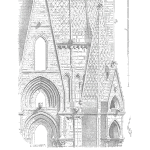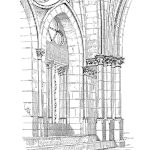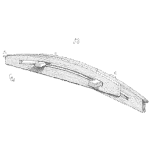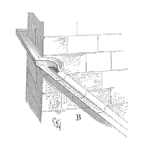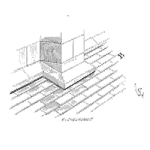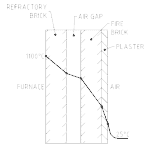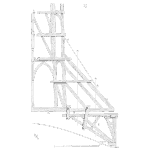
There is always a degree of uncertainty in selecting instrumentation for difficult or corrosive environments. Material selection for chemical compatibility involves a strained decision between cost and equipment reliability and longevity. The other major uncertainty is whether the instrument is appropriate for the application – will it repeatedly give truly representative readings all it’s operating life? This article presents a list of instrumentation successfully used in a range of difficult and chemically demanding environments.
[Read more…]


